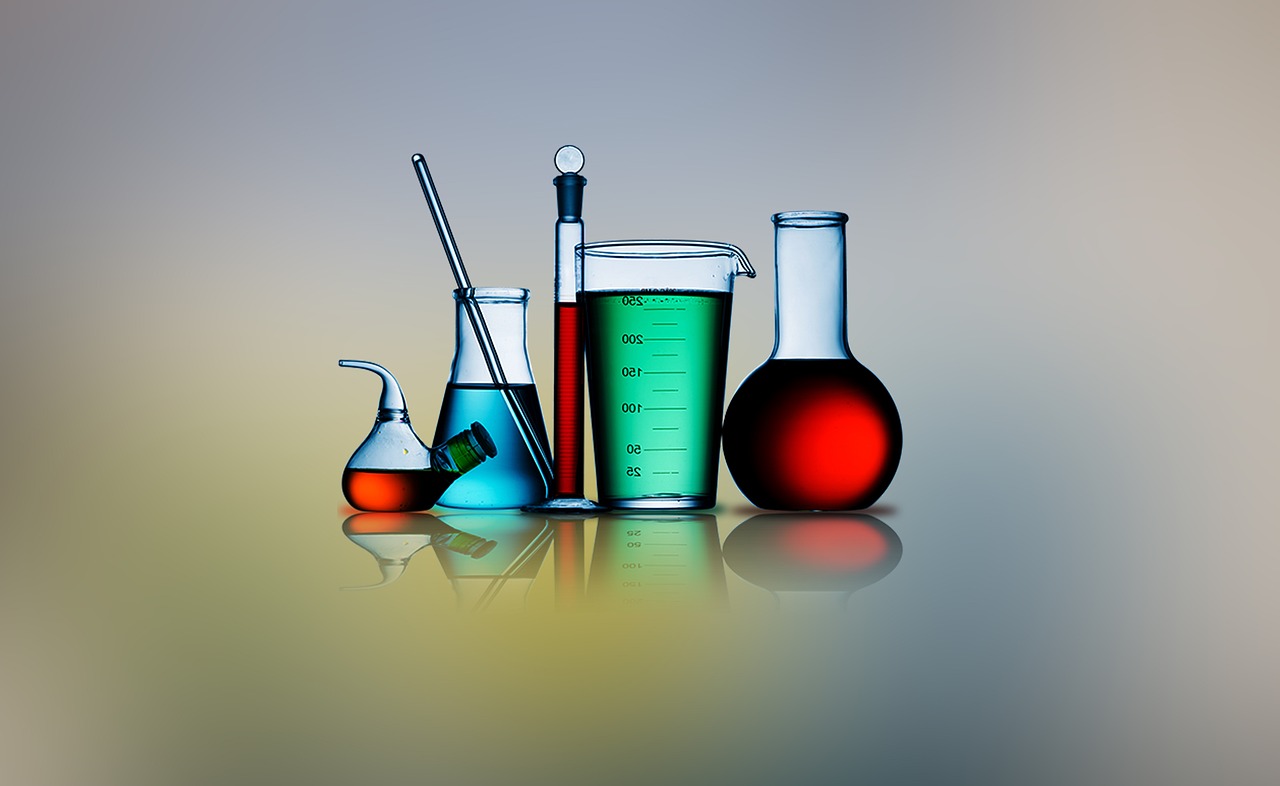Toxins in the blood are a silent killer that can cause a wide range of health problems, from fatigue and headaches to more serious conditions like cancer and autoimmune diseases. But what causes these toxins to accumulate in the bloodstream? In this article, we will explore the various factors that contribute to the buildup of toxins in the blood and what you can do to prevent them.
- Environmental Toxins
One of the most common causes of toxins in the blood is exposure to environmental toxins. These can include pollutants in the air, water, and soil, as well as chemicals found in household products, cosmetics, and food. Pesticides, heavy metals, and plastics are just a few examples of environmental toxins that can accumulate in the body over time and cause damage to organs and tissues.
- Poor Diet
Another major contributor to toxins in the blood is a poor diet. Processed foods, sugar, and unhealthy fats can all lead to inflammation and oxidative stress, which can damage cells and tissues and cause toxins to accumulate in the bloodstream. In addition, a diet lacking in essential nutrients like vitamins and minerals can weaken the body's natural detoxification processes, making it harder to eliminate toxins from the body.
- Stress
Stress is another factor that can contribute to the buildup of toxins in the blood. When we are under stress, our bodies release hormones like cortisol and adrenaline, which can cause inflammation and damage to cells and tissues. Chronic stress can also weaken the immune system, making it harder for the body to fight off toxins and other harmful substances.
- Lack of Exercise
A sedentary lifestyle can also contribute to the accumulation of toxins in the blood. Exercise helps to improve circulation and lymphatic drainage, which are essential for eliminating toxins from the body. In addition, regular exercise can help to reduce inflammation and oxidative stress, which can help to prevent the buildup of toxins in the bloodstream.
- Genetics
Finally, genetics can also play a role in the accumulation of toxins in the blood. Some people may be more susceptible to environmental toxins or have a weaker natural detoxification system, which can make it harder for their bodies to eliminate toxins from the bloodstream.
In conclusion, toxins in the blood are a serious health concern that can have a wide range of negative effects on the body. By understanding the various factors that contribute to the buildup of toxins in the bloodstream, you can take steps to prevent them and protect your health. Eating a healthy diet, exercising regularly, reducing stress, and avoiding environmental toxins are all important steps you can take to keep your blood clean and healthy.


